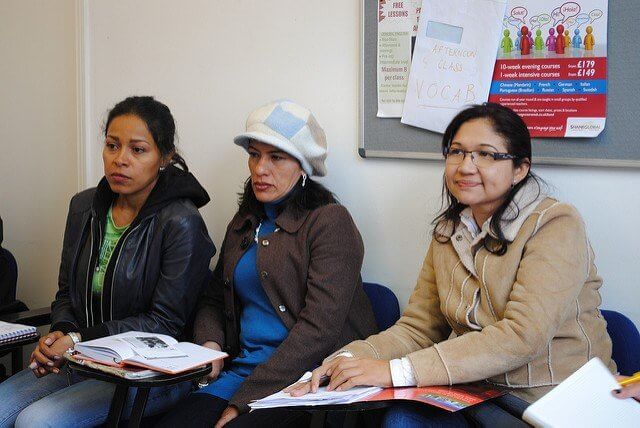Nobody wants to work at an international school will a bunch of unqualified teaching colleagues. The school itself does not necessarily want too many unqualified teachers on their staff. If an international school wants to get accredited, they typically are required to have qualified teachers that have the appropriate certifications. You could say then that “unqualified” teachers get a bad rap in the international school teaching community.
International schools choose to hire unqualified teachers when finding a qualified one is proving to be a challenge. On the other hand, there might be a few things about unqualified teachers that people should consider before placing judgment.
There are many kinds of teachers, all at different stages in their career. When an international school hires an unqualified teacher, they are taking a risk because their new hire might not have the necessary experience and skills to actually do their job. However, you could say the same to hiring a qualified teacher. You don’t really know what you are going to get when you hire someone to work at an international school; especially being that many hires are made via Skype with references not always being checked.
Some unqualified teachers that get hired at international school actually do a great job in their positions. They perform at a high level and are well-liked and appreciated by their colleagues. Because of this positive experience, it is commonplace that these unqualified teachers take the necessary steps to get themselves qualified. They can now accomplish this goal to become qualified by taking classes over the summer at an established university or even by taking the classes online.

Knowing that both qualified and unqualified teachers can actually play a significant role in some international schools, it is still important for a recruiting teacher to ask the right questions in the interview. Each international school should be able to talk about their current staff and let you know of their qualifications. Based on their answer, you can see if the school meets your expectations and if you are a good fit for the position and team you will be joining.
Using the International School Community Comment Search feature with the keyword “Qualified”, we found 15 comments relating to 12 international schools in China that have had comments submitted on them by our members. Here are just a few of them:
“All teachers are qualified western staff from various countries like the UK, USA, and New Zealand. Morale is actually quite high and I predict many teachers will want to extend their contracts.” – EtonHouse International School, Wuxi
“Some teachers are highly qualified. Some are not. Administration shamelessly misrepresents staff qualifications. Some western teachers lack teacher certification in their home countries. Local teachers are usually qualified teachers in China.” – Canadian International School Kunshan
“Most teachers at ISNS are from Canada, as ISNS is a Canadian international school. We also have teachers from the United Kingdom, United States, Mexico, France, and China. All teachers at ISNS are well qualified to teach at their respective levels, meeting Canadian certification standards or the equivalent. The teachers at ISNS maintain the same standards that would be expected by the Ministry of Education in Canada. The educational programs and teaching methodologies are supported and reviewed by officials from Canada.” – International School of Nanshan Shenzhen
“Britannica International School Shanghai has a recruitment policy to only employ qualified teaching staff with British or equivalent professional teaching qualifications. At Britannica our teachers are native.” – Britannica International School (Shanghai)

For more first hand comments about working at international schools in China, check out the International School Community website. We are the “go-to” website for up-to-date information about the life of international school educators. Join today and receive a free two-day trial of premium access to all features on our website.

